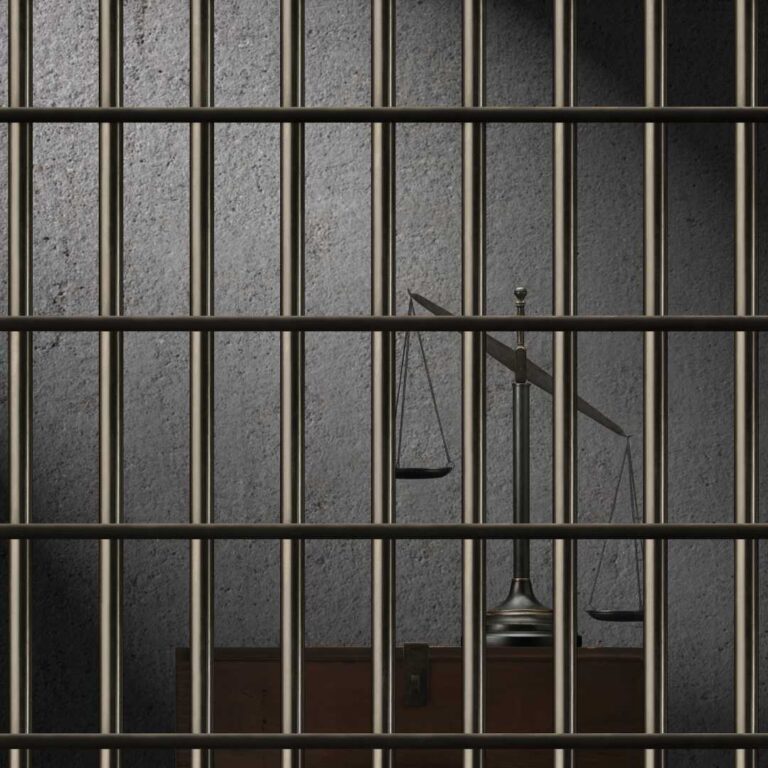Facing criminal charges in Florida can be overwhelming, especially if you are unfamiliar with how offenses are classified and the potential consequences. The state divides crimes into two primary categories: misdemeanors and felonies. While misdemeanors carry lighter penalties, felony convictions can have life-altering consequences, including long prison sentences, loss of civil rights, and a permanent criminal record.
If you or a loved one has been charged with a misdemeanor or felony in Florida, understanding the legal process is crucial. Below, we break down the key differences between these classifications, the penalties they carry, and how an experienced criminal defense attorney can protect your rights.


What Is a Misdemeanor in Florida?
A misdemeanor is considered a less serious crime than a felony but still carries legal consequences that can impact your future. Under Florida law (F.S. 775.08), a misdemeanor is defined as an offense punishable by up to one year in a county jail.
Although misdemeanors do not carry the same weight as felonies, they should not be taken lightly. A conviction can result in:
✔ Jail time (up to 1 year)
✔ Fines and court costs
✔ Probation
✔ Community service
✔ A criminal record that may affect employment and housing
Types of Misdemeanors in Florida
Florida law further categorizes misdemeanors based on severity:
1st Degree Misdemeanors (More Serious)
- Maximum Penalty: Up to 1 year in jail and a $1,000 fine
Examples:
✔ DUI (first offense)
✔ Simple battery
✔ Resisting arrest without violence
✔ Possession of drug paraphernalia
✔ Petit theft (second offense)
2nd Degree Misdemeanors (Less Serious)
- Maximum Penalty: Up to 60 days in jail and a $500 fine
Examples:
✔ Disorderly conduct
✔ Trespassing
✔ Driving without a valid license
✔ Loitering and prowling
While some misdemeanor charges may seem minor, a conviction can still have long-term consequences. A skilled criminal defense attorney can negotiate for reduced charges, probation instead of jail time, or even case dismissal in some situations.
What Is a Felony in Florida?
A felony is the most serious type of crime under Florida law, carrying harsh penalties, including imprisonment in state prison, large fines, and a permanent criminal record.
Under Florida law (F.S. 775.081), felony convictions can result in:
✔ Prison sentences ranging from 5 years to life
✔ Fines up to $15,000
✔ Loss of voting and firearm rights
✔ Mandatory minimum sentencing for certain offenses
✔ Possible lifetime consequences for employment and housing
Felony charges in Florida are categorized into different degrees, each with varying levels of punishment.
Types of Felonies in Florida
Capital Felony (Most Severe)
- Maximum Penalty: Life imprisonment or death penalty
Examples:
✔ First-degree murder
✔ Capital drug trafficking
✔ Armed kidnapping
Life Felony
- Maximum Penalty: 40 years to life in prison and a $15,000 fine
Examples:
✔ Armed robbery
✔ Child molestation (victim under 12)
✔ Repeat violent offenses
1st Degree Felony
- Maximum Penalty: Up to 30 years in prison and a $10,000 fine
Examples:
✔ Human trafficking
✔ Carjacking
✔ Aggravated assault with a deadly weapon
2nd Degree Felony
- Maximum Penalty: Up to 15 years in prison and a $10,000 fine
Examples:
✔ DUI manslaughter
✔ Selling drugs to a minor
✔ Aggravated battery
3rd Degree Felony (Least Severe Felony)
- Maximum Penalty: Up to 5 years in prison and a $5,000 fine
Examples:
✔ Possession of controlled substances
✔ Burglary of an unoccupied structure
✔ Resisting arrest with violence
Felony convictions have serious, lasting effects on your future, including your ability to get a job, own a home, or even vote. A strong legal defense is critical to fighting or reducing felony charges.
Misdemeanor vs. Felony: Key Differences
| Factor | Misdemeanor | Felony |
|---|---|---|
| Severity | Less serious | More serious |
| Maximum Jail Time | 1 year in county jail | 5 years to life in state prison |
| Fines | Up to $1,000 | Up to $15,000 |
| Voting Rights | Not affected | Lost upon conviction |
| Gun Rights | Not affected | Lost upon conviction |
| Criminal Record | Can impact jobs and housing | Major impact on future opportunities |
What to Do If You Are Charged with a Crime in Florida
If you have been arrested for any criminal offense, follow these critical steps to protect your rights:
1. Remain Silent & Do Not Answer Questions
✔ Anything you say can be used against you.
✔ Politely request a lawyer before speaking with police.
2. Do Not Resist Arrest
✔ Resisting can result in additional charges.
3. Contact a Criminal Defense Lawyer Immediately
✔ A lawyer can build a strong defense, negotiate plea deals, and fight to reduce charges.
4. Gather Evidence & Witness Information
✔ If possible, collect details that support your case.
What to Do If You Are Charged with a Crime in Florida
If you have been arrested for any criminal offense, follow these critical steps to protect your rights:
1. Remain Silent & Do Not Answer Questions
✔ Anything you say can be used against you.
✔ Politely request a lawyer before speaking with police.
2. Do Not Resist Arrest
✔ Resisting can result in additional charges.
3. Contact a Criminal Defense Lawyer Immediately
✔ A lawyer can build a strong defense, negotiate plea deals, and fight to reduce charges.
4. Gather Evidence & Witness Information
✔ If possible, collect details that support your case.
Why You Need a Criminal Defense Attorney
Regardless of whether you are facing a misdemeanor or felony, an experienced criminal defense lawyer can:
✔ Protect your rights during police questioning
✔ Investigate the evidence against you
✔ Negotiate reduced charges or dismissal
✔ Fight for alternative sentencing (such as probation instead of jail)
✔ Defend you in court if your case goes to trial
At McGuire Megna Attorneys, we understand the high stakes of a criminal charge and are dedicated to fighting for the best possible outcome.
Contact McGuire Megna Attorneys Today
If you or a loved one is facing criminal charges in Florida, do not wait to seek legal help. A criminal conviction can impact your freedom, career, and future opportunities. Our experienced attorneys will aggressively defend your case and fight for your rights.
